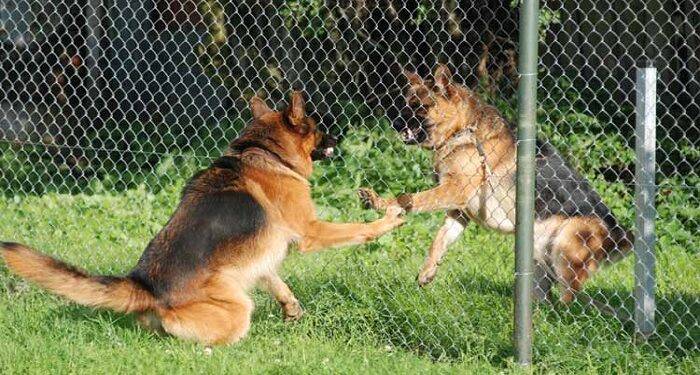This article addresses the question of “Can I use stranded wire for dog fencing?” In this article, we will explain how this material is different from solid core wire and why you might want to consider it for your project. Stranded wire is a thin copper wire woven into a single strand and sold in 500 foot spools. Although stranded wire is much easier to work with, it is also more prone to corrosion. Therefore, if you are considering a stranded wire dog fence, make sure you check with your local building codes first before purchasing any materials.
While the initial cost of stranded wire is low compared to solid-core wire, it will cost you in the long run. Though stranded wire is more affordable, you have to pay for repairs and maintenance, so consider the price before purchasing a kit. You can also go with thicker wire for added durability and strength. When you’re replacing wire for your dog fence, make sure you match the gauge of the existing wire to avoid causing more problems.
Stranded wire can be a good choice for underground dog fencing, especially if you live in a climate with extreme weather conditions. It is less expensive than solid core wire, but its durability is not nearly as good. Regardless of its lower cost, the wire you choose must be of the right gauge. Stranded wire may break during the installation process, and it is also more likely to wick water into the wires, making them susceptible to corrosion.
When choosing stranded wire for dog fences, make sure to choose a long enough length to cover the area you’re trying to fence. The wire should be no longer than four times the size of the dog’s head. In addition, the wire should be at least eight inches thick. To be sure, you can buy pre-twisted wire to cut the length required. In addition, wire should be twisted at one twist per inch.
While stranded wire is more expensive than manufactured grade wire, it offers many benefits. In addition to being more durable, heavy-duty wire will withstand weathering, sunlight, water exposure, and general wear and tear. It will also save you money in the long run. So, the long-term cost-benefits of heavy-duty wire are worth it. If you plan to install a dog fence in a high-humidity area, you’d be better off choosing a heavier-duty wire.
There are two types of wire for pet fences. Direct-burial wire is typically used for outdoor lighting systems and irrigation. Stranded wire, however, is available for DIY applications. Generally, thicker wire is better. It will prevent wire breaks, but the difference between thicker and thinner wire will ultimately depend on the gauge. You can use stranded wire for a dog fence.









